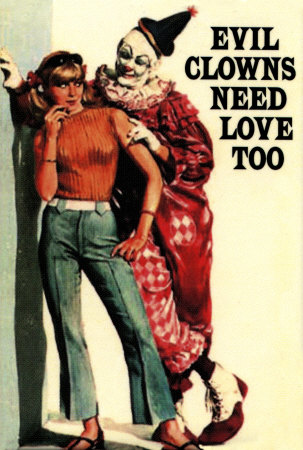Chris Whittington wrote:Chan Rasjid wrote:hyatt wrote:A matter of semantics. One can compare two books, or two chapters, or two paragraphs to determine if one is a copy of the other. It doesn't matter what else was done in addition to copying, copying anything, by itself, is called "plagiarism" in the friendliest term applicable. If someone rips parts of Crafty, Fruit, etc, and adds to those other parts that he writes himself, there is _still_ a copyright infringement problem, because you can't copy code. Note that looking at a single line is hardly useful, as many books have the sentence "Ouch, that hurt!" but wrap that in enough context and copyright violation becomes apparent.
...
Books and computer codes have some intrinsic characteristics that should be considered when comparisons about them are made. A book is naturally open but computer source codes are proprietary and private by nature. It is for this reason that there is "open source" for computer codes and not needed for books. You simply cannot copy books as it infringes copyright and it is difficult to argue that "I ... somehow just wrote like J.K. Rowlings and the plots ... all turned out same... ". Source codes are very different regarding copyright. Once they are released into the open domain, "plagiarism" no longer can apply.
Rasjid
I am inclined to agree, but there's another issue to the release of very strong open source in that it puts a bomb into computer chess development, in particular for competing top commercials, but academics also.
Comp chess development has always been about pinching the latest strong ideas from the latest strong program(s), whether null move or LMS or whatever idea. For Crafty to remain competitive Bob also has to monitor developments in other programs and find a way to incorporate them into Crafty.
Now if strong open source is released that contains code and/or ideas that are necessary to use to keep up in the race, what are commercials to do? Not use it, because of some ridiculous GPL? Bye-bye commercials, which might be what Bob wants .....
I don't see how strong open source is a "bomb" at all. It's more information, period. Commercials who want to use those ideas may, as may other open source efforts. The difference being that the other open source efforts have the option of using the code verbatim, while commercial (or closed source) developers are required to rewrite on the basis of the concepts involved. What's the problem?
When commercial chess people talk about commercial chess, they tend to speak as though commercial chess is some grail, some holy of holies which holds the computer chess world together. If strong enough open source is available, such that commercial development is obviated, that's a transition, and if the customer base dries up for programs like Rybka or HIARCS, that's tough, but not disastrous (except for the people who have put their eggs in that basket). But I can't think of a single reason why commercial, closed source development does anyone any good (beyond the developers or companies behind them who enjoy the profits).
I have no problem with it (comm-dev), I just don't see that it's any better than what open source efforts produce. I might understand a fear of homogeneity, if everyone is ladling from the same pot of soup, but human nature tends to take care of that problem anyway.
Jeremy

